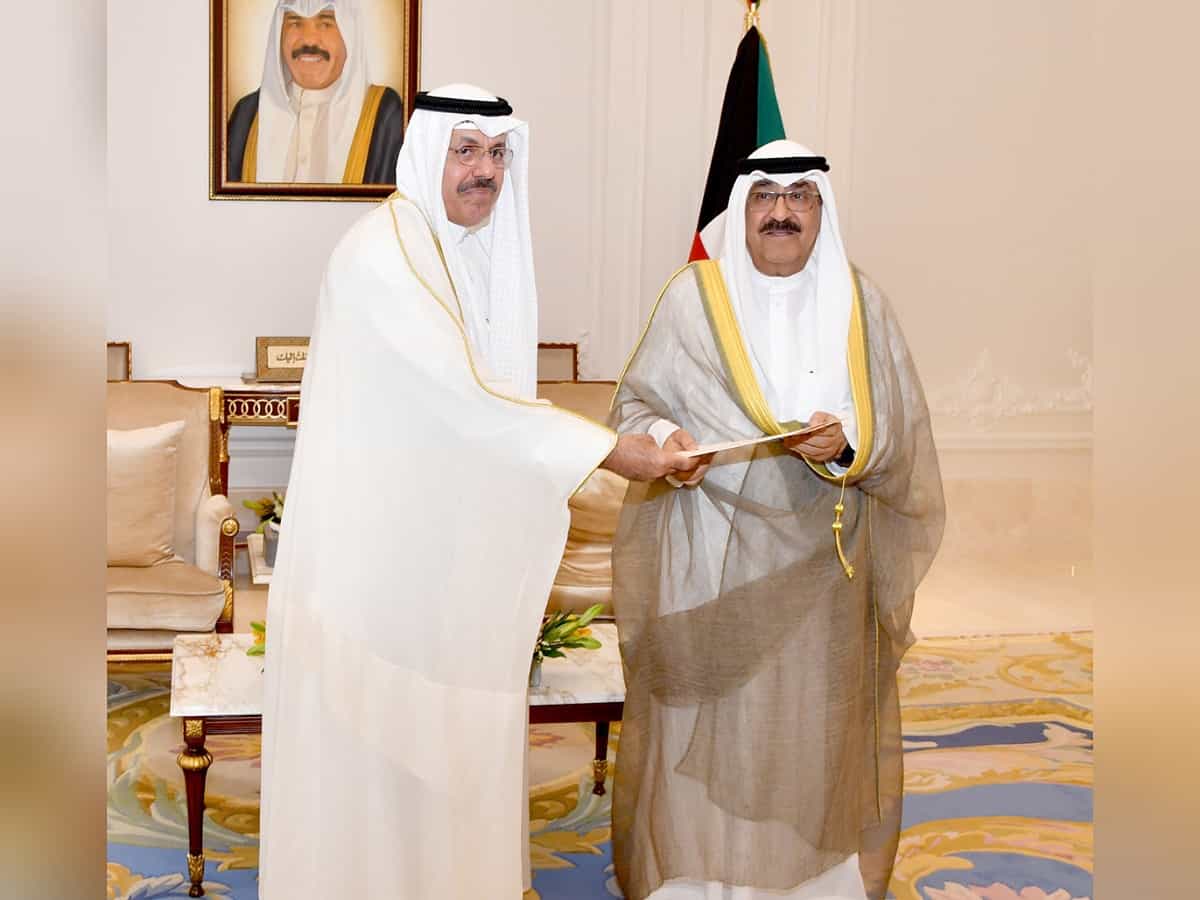
Kuwait: The Emir of Kuwait, Sheikh Nawaf Al-Ahmad Al-Jaber Al-Sabah, on Sunday announced the acceptance of the government’s resignation. However, the government has been assigned the responsibility to take care of businesses and prepare for the convening of the elected National Assembly.
This comes after the Kuwaiti Crown Prince, Sheikh Mishal Al-Ahmad Al-Jaber Al-Sabah, received the resignation of the Kuwaiti government from Prime Minister Sheikh Ahmed Al-Nawaf, on Sunday morning, according to the Kuwait News Agency (KUNA).
Emir’s order added that the continuation of the Prime Minister and the ministers, each of them, in the urgent discharge of the affairs of his position until the formation of the new ministry.
The decision comes in line with the country’s constitution, which stipulates a resignation at the beginning of each new legislative term.
On Saturday, October 1, the Council of Ministers called – before his resignation – the elected National Assembly to convene on October 11 to take the oath and elect its president, with a new government being appointed later.
On Thursday, September 29, Kuwait held legislative elections to choose 50 members of the National Assembly to succeed the 2021 Assembly, which the Emir decided to dissolve last June.
The results of the elections were announced on Saturday where remarkable progress for those described as “the opposition”, who won 60 percent of the seats and it also brought women back to parliament, with the victory of two female deputies.
A new government will be appointed after the elections to take the oath before the elected parliament.
Kuwait is the first country in the Gulf to establish an elected parliament, in 1963, and it has a parliament that is the most powerful in the region, and it is capable of enacting legislation and holding the government accountable, but the final say, in the end, is up to the Emir.



